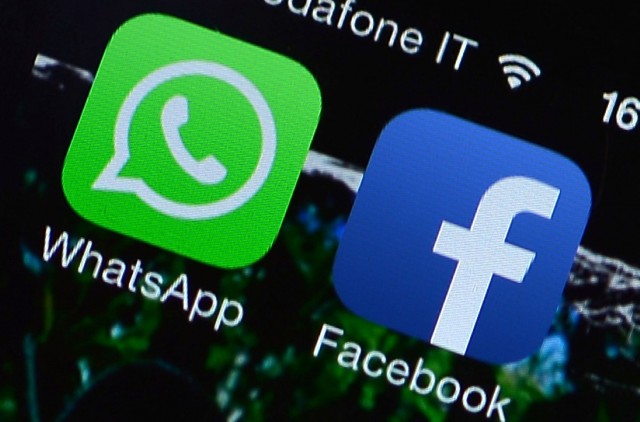
On Wednesday, when Facebook bought a little startup called WhatsApp for $19 billion, it was hard to understand a price tag that is larger than the market value of half the companies in the S&P 500. But a closer look at who uses WhatsApp helps to explain it.
A few months back, Facebook CEO Mark Zuckerberg gave a talk at a tech conference that foreshadowed yesterday's news. He said that while Facebook did hit its goal of connecting 1 billion users around the world, there's a lot more work to do to connect everyone else.
"Now the focus for us is actually kind of retooling — you're going to see us retooling the company in a lot of ways — to go take on a lot of harder problems that fulfill this mission," Zuckerberg said. "So, for example, connecting the next 5 billion people. It's going to be really hard because a lot of them don't have Internet access."
WhatsApp gets around that problem by using less Internet. The app rides on the coattails of traditional phone carriers, bypasses their expensive texting services and lets people send instant messages for free. Some 450 million users are on it, including technology journalist (and newly minted venture capitalist) Om Malik. He chats with his elderly mom in India — and he says she converted him to the service.
"It is one of those things that starts out as a way to save money," Malik says. "But in the end it turns out to be a social glue for all of us."